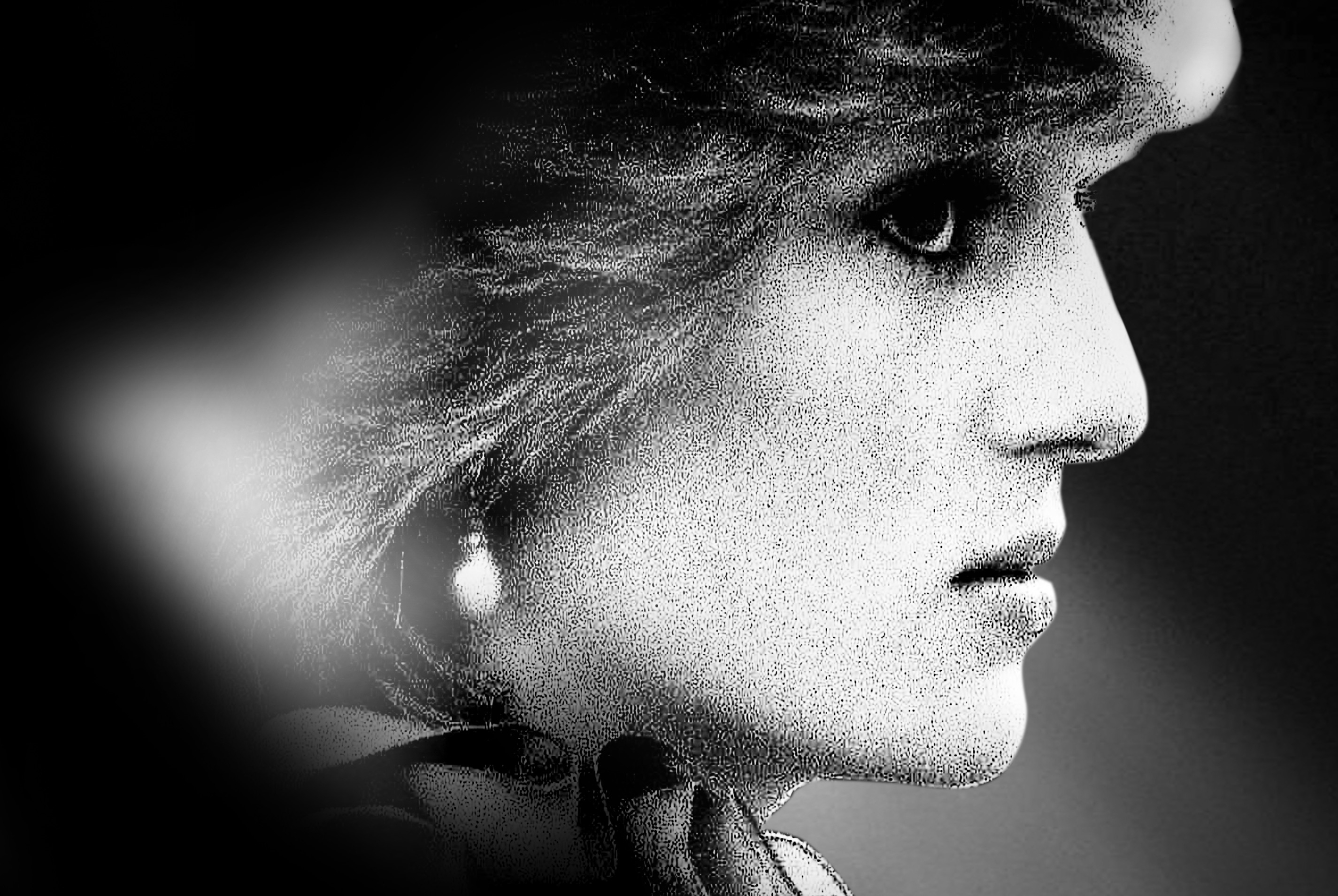
A new documentary about Princess Diana is about to hit our screens. This one, however, opts to use only archive footage of the People’s Princess in order to reframe her story. We speak to director Ed Perkins and producer Simon Chinn about the making of The Princess.
Ed Perkins was in bed when the news of Princess Diana’s death broke early in the morning in August 1997. The director distinctly remembers his parents being very upset and emotional, but not quite being able to understand why.
“I don’t think I was emotionally invested enough in Diana’s story as an 11-year-old to feel sad or cynical about what was happening. I just felt really confused. What could it have been about this person that people are reacting in such an extraordinary unprecedented way?”
We’re talking at the offices of a PR firm in central London only days before The Princess hits our screens. Perkins’ documentary premiered at Sundance in January and gathered rave reviews from both the Utah and London editions of the festival.
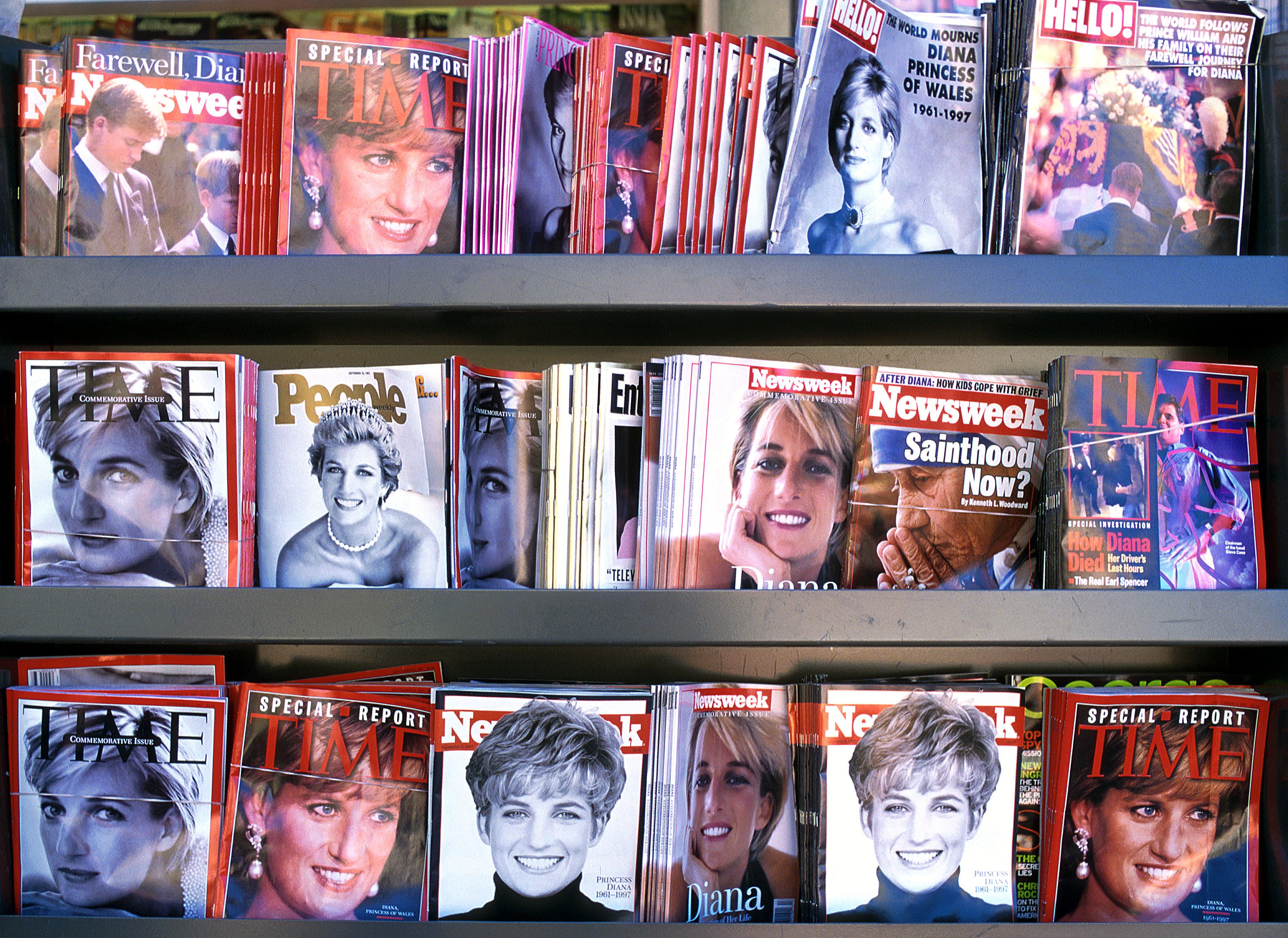
Producer Simon Chinn was older than Perkins at the time of Diana’s death – he was 28 and living in Islington – and had a very different experience, speaking of the disconnect between himself and the rest of the country he felt during the days and weeks following the princess’ death.
“Me and my peers felt quite alienated by what was going on. And we couldn’t understand it. It became an interesting moment of sociological observation, rather than anything that I personally felt a part of.”
Both Chinn and Perkins speak of how “un-British” the whole thing was, seeing large crowds visibly shaken and emotional on the streets of Britain and even going as far as building shrines to the late princess. These different experiences formed the foundation for The Princess, an attempt to reframe the story and above all, ask some difficult questions.
“It’s easy with Diana’s story to say the press were awful. They hounded her throughout her entire life, and they’re the bad guys. That’s probably part true, but it’s not the whole picture. There’s that oversimplification and we are also part of this bigger picture. And the film, in a sense, is trying to act as a mirror and force us to ask ourselves some difficult questions about our role in this story and our complicity” Perkins notes.
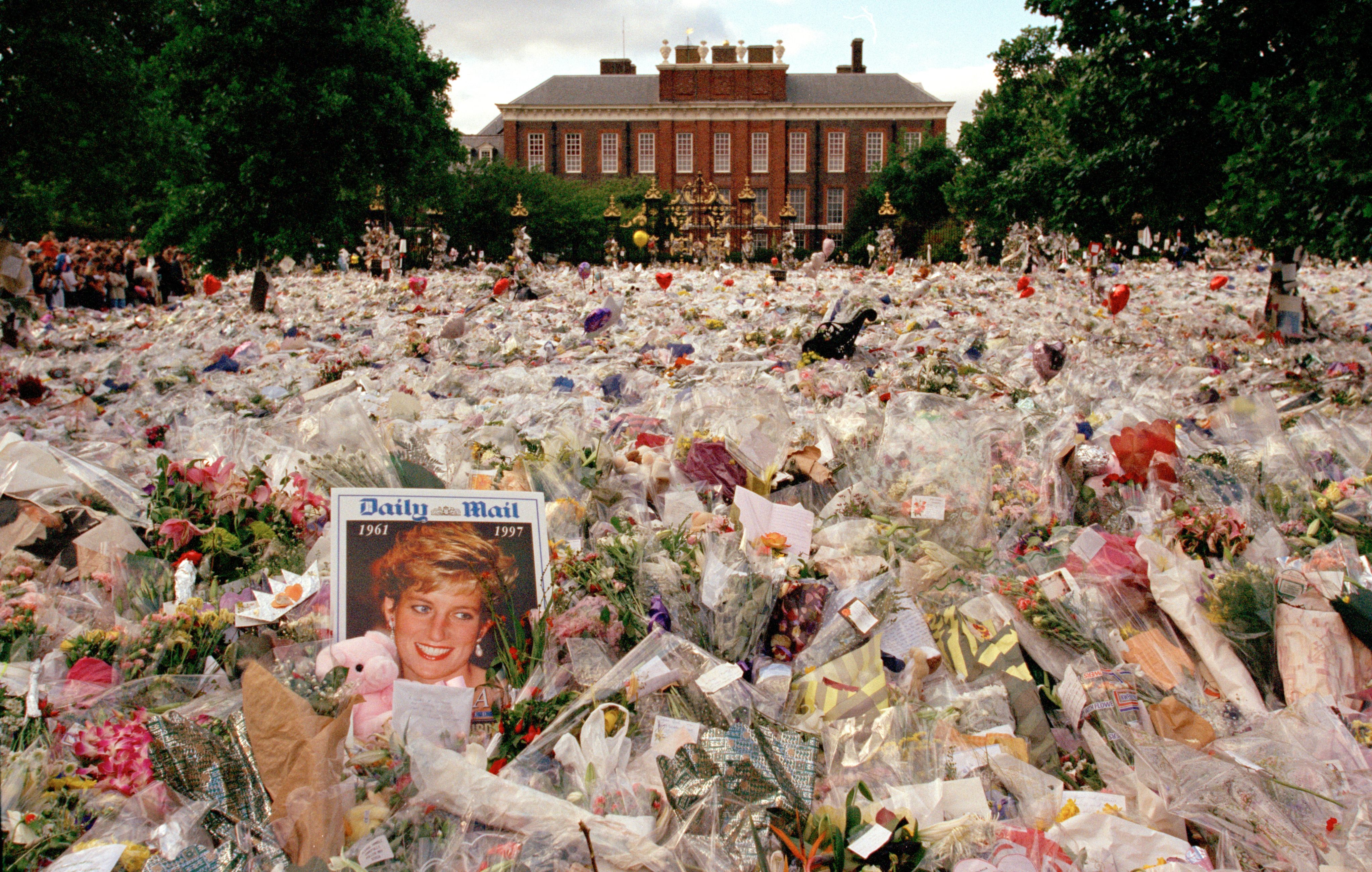
Indeed, the documentary, which is formed entirely of archive footage, forces us to confront our own role in Diana’s widely-reported unhappiness. Chinn notes that she was very vulnerable and Perkins adds that Diana was also very open about her vulnerability, something very rare about someone in the public eye – especially as a member of the Royal Family.
Chinn also points out that Diana had “this instinctive, quite sophisticated understanding of her own power,” which Perkins agrees with.
“Things didn’t happen by accident. Things like that famous image of the Taj Mahal, that doesn’t happen by accident. We were looking through the archive, trying to find those moments, those subtle moments of body language and subtext and trying to build our film around that.”
The Princess, in many ways, was a puzzle for the filmmakers. Perkins speaks of watching hours and hours of archive footage and Chinn notes that, despite a lot of Diana documentaries out there, there isn’t one with the strong amount of resources that they had over the 18-month production.
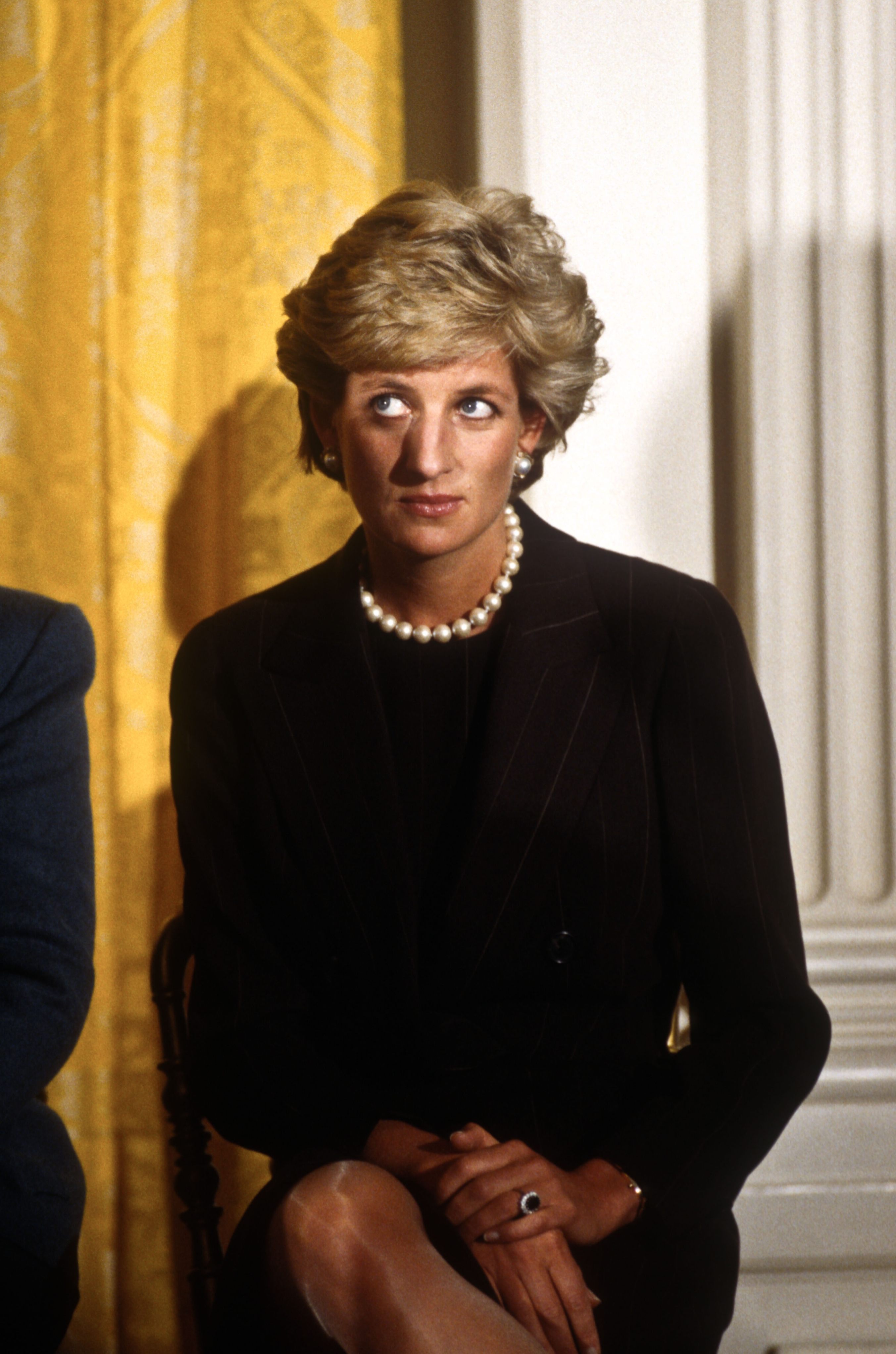
“The first thing we did was to make sure we had two extraordinary editors. So we worked with two amazing editors, Jinx Godfrey and Daniel Lapira, who are the very best,” Perkins explains. “For the better part of two decades, Diana was one of the most filmed and photographed people on the planet. And so the amount of archive coming in was just extraordinary, hundreds and hundreds and hundreds of hours” he continues.
Diana’s story is one that has been well-documented and, as Perkins notes, she’s still in our newspapers almost monthly. Her story is familiar but she isn’t here to tell her own story and with that, comes more responsibility for the production team.
“There’s always a responsibility. This isn’t a hagiography, we shouldn’t be uncritical of institutions, especially if they hold power and influence. But we haven’t gone in with an agenda. We tried to make a film that’s fair and balanced. We’ve taken that responsibility seriously,” Perkins states.
Perkins was keen on reframing Diana’s story and both Chinn and Perkins state their desire to avoid trying to speculate about Diana’s mental state or to “psychoanalyse” her.
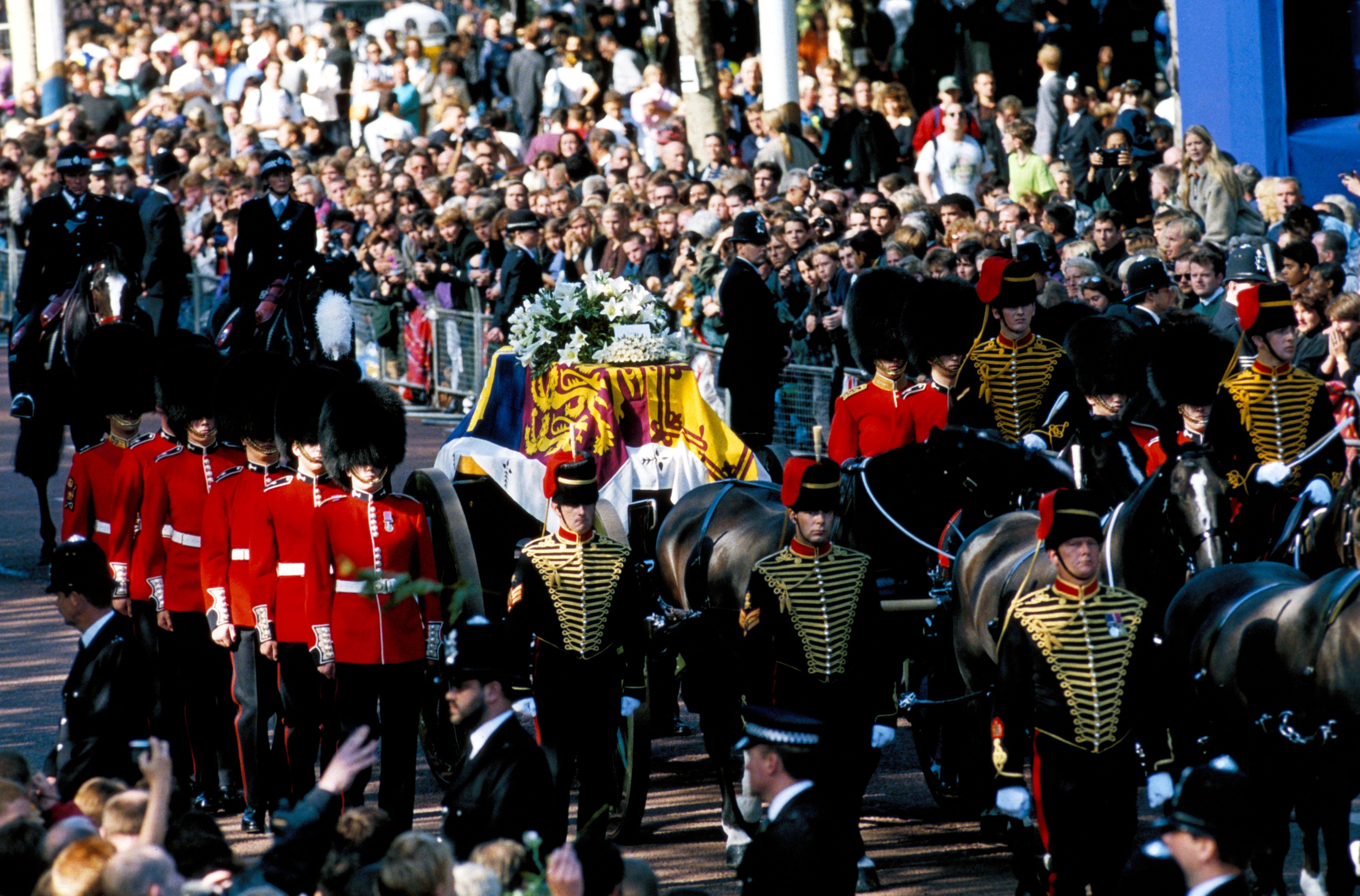
“That isn’t what we’re trying to do here. This is a film about Diana, but our hope is that this is really a film about all of us. And the whole reason for making this exclusively out of archive is essentially to take audiences back into our collective, nostalgic past. The film should act as a time machine to take us back there. Because we’ve all, over the last 25 years, just consumed Diana’s story through watching The Crown or reading books, and we bring to the story our own hindsight. So not only are we asking audiences to relive that, but to reframe it in a sense and hopefully see it afresh,” Perkins says.
Perkins came out of doing the film with a new sense of Diana. “I came out feeling as though she was both more ordinary and more extraordinary than I perhaps had given her credit for going into it. And by that I mean, when you spend time with her through the archive, and you talk to people who knew her, you didn’t realise that actually, she was a normal human being. Yes, she was from an aristocratic family, but actually, she was flawed and fallible, and impulsive and emotional.”
Chinn agrees, but also notes Diana’s inherent power.
“She knew her image, photographic image, she knew what her constituency was, she really knew how to walk that line between being a rarefied public figure as a princess, and being really relatable. She knew that people didn’t just value it, they were desperate for it because they weren’t getting that for the monarchy itself,” Chinn says and calls Diana’s knowledge of that “her genius” but also goes on to say that she was “quite knee-jerk in some ways,” in regards to how she deployed her power of influence.
More than anything, The Princess is an emotional documentary, fully embracing the tragedy of her story and Perkins says that’s the whole point.
“These are not easy films to make. I don’t know if ours works, but when these films do work, they take you under their spell in some way. And they feel like the story is playing out in the present tense and it feels unmediated, contemporaneous, immersive and emotional. For a lot of people, their relationship with Diana was emotional, [we wanted to] allow the film to go there and for people to feel the things they felt back then.”
THE PRINCESS will be in cinemas on June 30. Visit Altitude.Film to find out your nearest screening.


